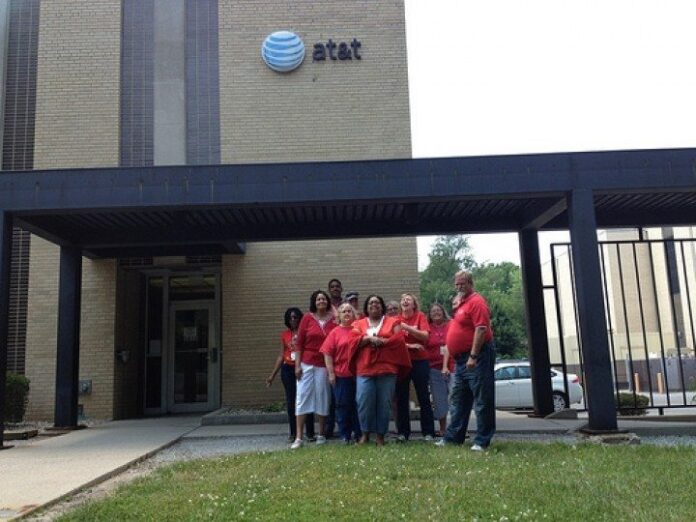AT&T’s pending $48 billion acquisition of DirecTV received a boost from the Communications Workers of America, which filed comments in support of the proposed deal.
CWA, which claims to represent 110,000 AT&T employees across its wireline, wireless and broadband operations, said that in addition to the competitive and services improvements touted by AT&T, the deal would also “promote collective bargaining and good, career jobs.”
“The AT&T/DirecTV transaction is good for employees and good, career U.S. jobs,” CWA said.
CWA noted that AT&T has the largest full-time union labor force of any company in the United States, and its “collective bargaining agreements define pay and benefits, rights, protections and fair treatment.” The deal would also see those bargaining agreements extend to DirecTV’s non-management workforce, which could expand CWA’s membership.
AT&T has had a mixed relationship with CWA, with both entities participating in various labor disputes over the past several years. CWA did come out in support of AT&T’s ill-fated $39 billion acquisition attempt of T-Mobile USA, which included promises by AT&T of job protection and claims by CWA that AT&T capital investments would have created 96,000 new jobs.
AT&T claims the DirecTV deal will bolster its ability to offer video content across multiple platforms, with DirecTV increasing the company’s pay-TV presence that it currently based on its U-verse fiber product. DirecTV counted just over 20 million pay-TV customers at the end of the first quarter, while AT&T said it had just over 11 million subscribers to its U-verse broadband and pay-TV offer.
DirecTV also counts more than 18 million customers across Latin America, with AT&T noting the region’s pay-TV segment is under penetrated at just 40%. To help gain regulatory approval in Latin America, AT&T said it would divest its interest in América Móvil, which operates across a number of Latin American countries and also owns domestic wireless reseller TracFone Wireless.
Domestically, AT&T said that if approved, it will commit to expanding broadband coverage to 15 million rural homes; continue to offer a stand-alone broadband service providing at least 6 megabits per second speed “where feasible” in current markets at a fixed priced for three years; continue offering a stand-alone DirecTV service for at least three years; and continue its commitment to net neutrality efforts.
More importantly for the wireless industry, AT&T said it remains committed to spending at least $9 billion in the government’s planned 600 MHz incentive auction scheduled for next year if there is sufficient spectrum made available for a nationwide 20 megahertz footprint. The incentive auction is reliant on a reverse-auction process that will see television broadcasters turn in spectrum holdings in exchange for cash, though the total amount of spectrum made available for the telecommunications industry won’t be known until the reverse-auction process is complete.
Reports surfaced last month that AT&T had agreed to government conditions that would allow the deal to move forward. Terms were not detailed, though it was said the move would allow the acquisition to be approved in October.
The Federal Communications Commission would also need to sign off on the deal. The FCC last month set up a steering committee to oversee the deal as well as a pending deal between Comcast and Time Warner Cable.
Bored? Why not follow me on Twitter?
Photo courtesy of CWA

